


Our preparations took days. Mom bought the gefilte fish, cooked the meal and assembled the matzah, eggs, bitter herbs, and lamb shank that adorned our seder plate. My brothers and I would add two wooden leafs to our long dining room table, drape the tablecloth on it, and carefully place the plates and wine glasses for the dozen guests we routinely hosted.
Dad presided over the seder at a steady clip, calling on each of us to join in the retelling of the story of Exodus. We’d hurl drops of red wine onto our plates as his bass voice called out the 10 plagues–an escalating list of horrors that culminated in the Angel of Death’s passing over and sparing the first born in those homes whose residents had marked their doorways with lamb’s blood.
Dad also made matzah balls from the same recipe his mother had used from her copy of the 1936 Settlement cookbook that had a faded yellow cover. He served his firm marble-sized concoctions with a flourish. After the meal, he’d lead us in hearty choruses of Dayenu and the ever accelerating and interconnected tale of Cha Gad Ya that begins with a father’s purchase of a young goat.
I only understood years later that, as much as Dad loved the symbolism and the ritual, the food and song, the holiday resonated in the deepest part of him because it told the story of our people’s liberation from slavery. Like generations of our family before him, Dad was born in northwestern Germany. But unlike his ancestors who navigated an uneven, ever present tide of antisemitism, Dad was born in 1934. This was the year after Adolf Hitler ascended to power, rapidly dismantled Germany’s fledgling democracy, and initiated the steps that culminated in the genocide of 6 million Jews-a number that included 1.5 million children.
Dad and his older brother Ralph escaped this deadly fate after their parents placed them in the Kindertransport, a program the British government established after the 1938 Kristallnacht pogrom that gave shelter to about 10,000 Jewish children from Central Europe. In an act of unimaginable courage and faith, Grandpa Max and Grandma Hilde sent their boys away to save them, not knowing if they would ever see them again.
Uncle Ralph left on June 20. Dad had been slated to board the same train, but stayed behind because he needed an emergency surgery to remove his appendix. Grandpa Max, who had been shot in his right arm while fighting for Germany during World War I, took his younger son from doctor to doctor throughout the town where our family had lived since the 18th century.
None would operate on a Jewish child.
After having been a father for more than a quarter century, I try to imagine my grandfather’s desperate knocks on front door after front door, my father’s painful cries, and the even more painful confirmation through the town’s healers of their country’s betrayal.
Grandpa Max returned to the home of his father, Joseph Lowenstein, the family patriarch for whom I am named and a well-regarded doctor who had served the community for decades. Papa Joseph found a non-Jewish colleague to perform the surgery on the kitchen table of the first floor. Dad healed for several weeks before boarding the training exactly one month after his brother and a scant 40 days before Hitler invaded Poland, starting World War II, ending the Kindertransport program and plunging the planet into six years of chaos, death and destruction.
Dad rejoined his brother after arriving safely in England. They were cared for in loving fashion by Ruth Stern, an eccentric, Cambridge–educated headmistress who took the boys in as they were her own. About 15 months later, Dad and Uncle Ralph traveled via boat to New York City. There they were reunited with my grandparents, who had escaped via Genoa, Italy. Like other German Jewish adults during that time, Grandpa Max and Grandma had the middle names “Israel” and “Sara” inscribed on their passports.
After struggling to establish themselves, my grandparents heeded the invitation of Ernie Lowenstein, the youngest of Grandpa Max’s three brothers who had left Germany after not being able to practice medicine, and moved to Cincinnati. While the family didn’t talk much about what they had endured, the bone-deep gratitude they all felt for the country that had taken them in never left. Dad and Uncle Ralph changed their first names when legally able to do so to make them seem less German and replaced the “stine” sound in our surname’s final syllable with a more American-sounding “steen.” Both brothers served in the American military and have lived long and productive lives of professional leadership and community service.
Dad has again mused about Passover’s meaning as the holiday has approached. But his reflections since January have become tinged with increasing concern as the second Trump Administration has moved at a bewildering pace with actions eerily reminiscent of the Nazi regime he and Uncle Ralph managed to escape 85 years ago.
The constant demonizing of immigrants and seizure of foreign students by plainclothesmen on the street. A steady stream of propaganda and attacks on higher education, media, judges and the rule of law. The unfettered and seemingly limitless expansion of executive power. Nakedly imperial ambitions cloaked in the rhetoric of a greater nationalism.
“Will our democracy survive?” Dad asked on our family text thread last week. “Hope 250 years of democracy is only the beginning.”
My heart ached that he has reason to ask this as he and Uncle Ralph near the end of their honorable and well lived lives, that our land of democracy and sanctuary has become the source of so much disorder and the same kind of rising authoritarianism that propelled our family and anyone else who could leave Germany to flee their homeland. Our inability to affirmatively respond to Dad and the knowledge that the same winds of hate are blowing again in Germany only added to my pain for him and our countries.
The first night of Passover will take place on Saturday. Dad’s haunting question will hover over the upcoming months and years. Grateful for all I have received from him, our family and our religious tradition of liberation and resilience, I will move forward with the fervent hope that I will find within myself the strength to play my small but real part in making the answer a yes.
Jeff Kelly Lowenstein is an associate professor of journalism at Grand Valley State University and the founder and executive director of the Center for Collaborative Investigative Journalism (CCIJ).
The post Passover’s meaning is different this year for my German Jewish father appeared first on Ghana Business News.
Read Full Story

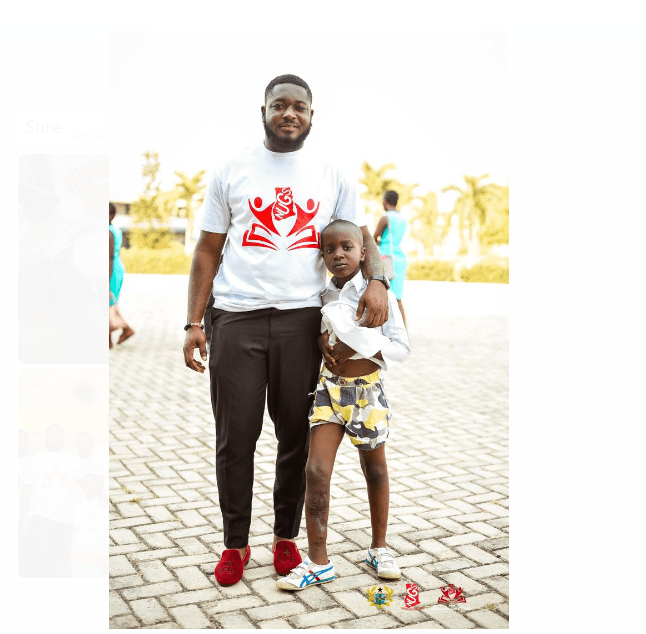
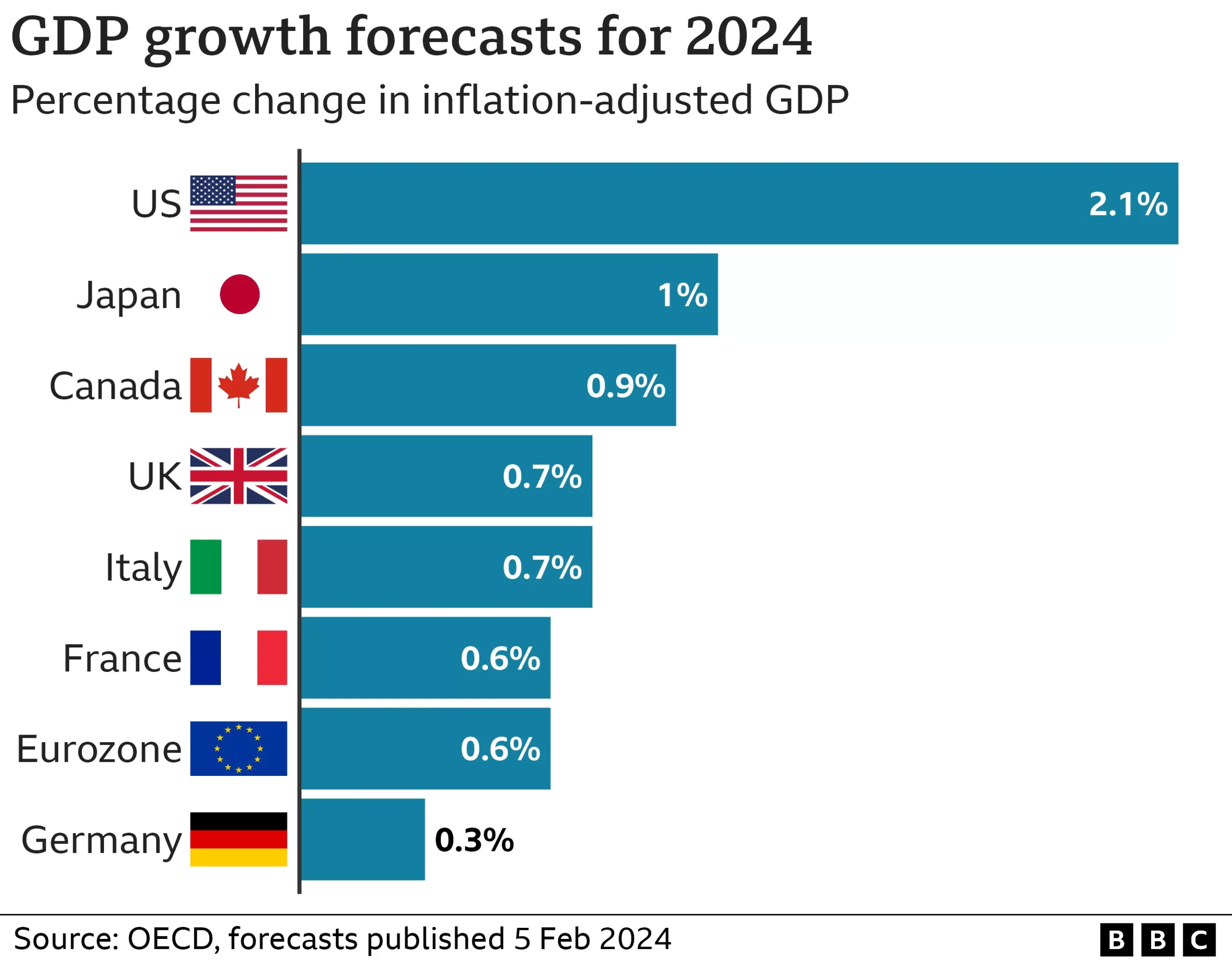
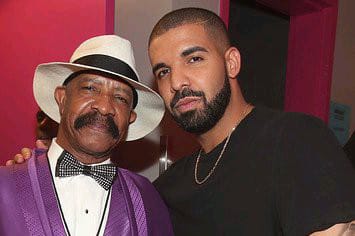


![Rider feared dead after accident at Kasoa-Ofankor, motorbike lands on rooftop [video]](https://sportal365images.com/process/smp-images-production/pulse.com.gh/12042025/01049b67-7887-4c09-96e7-cdcc209a6018.png)

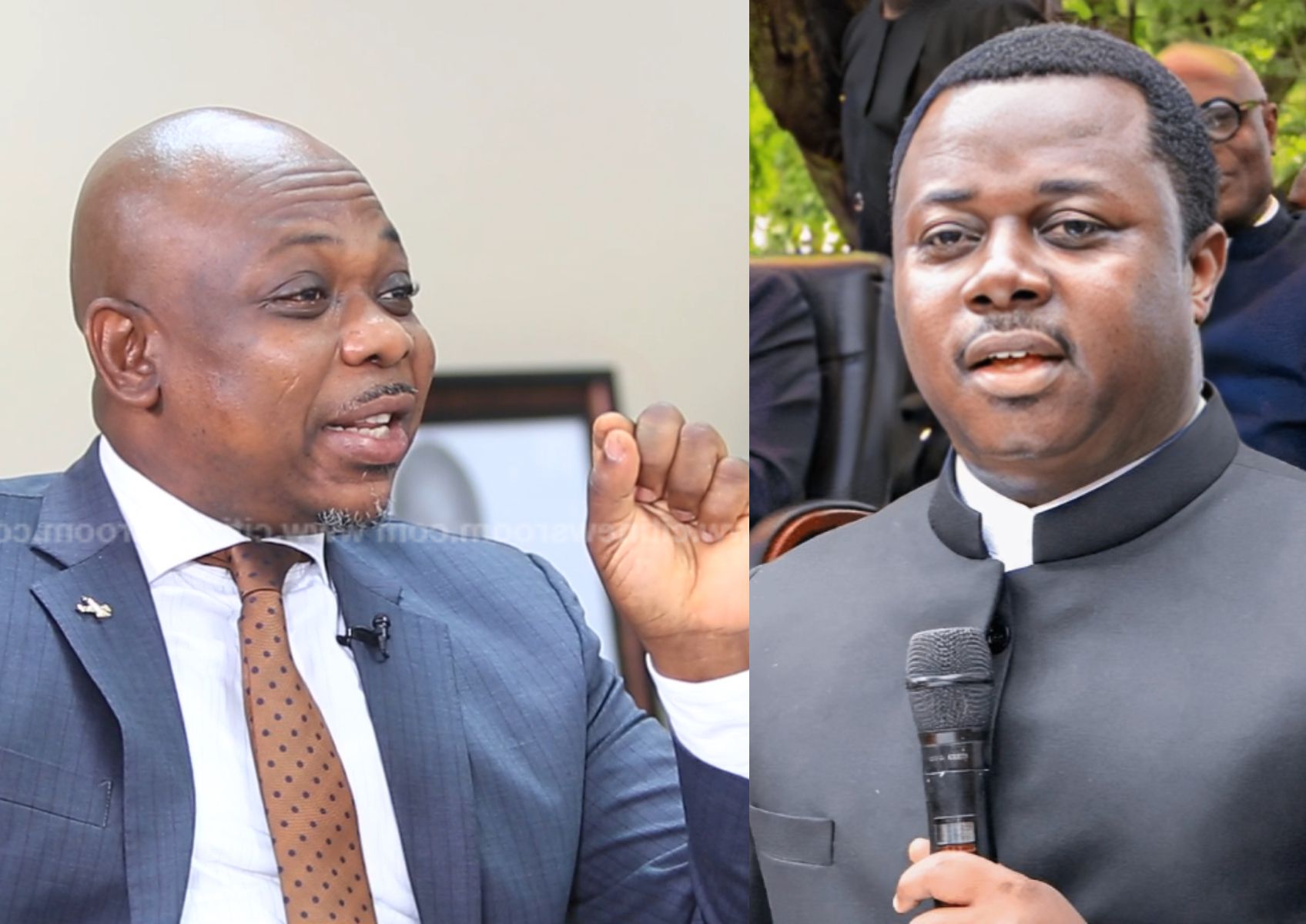


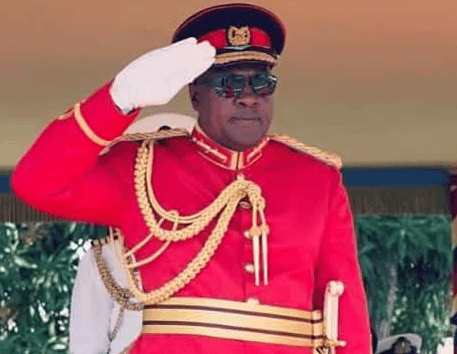
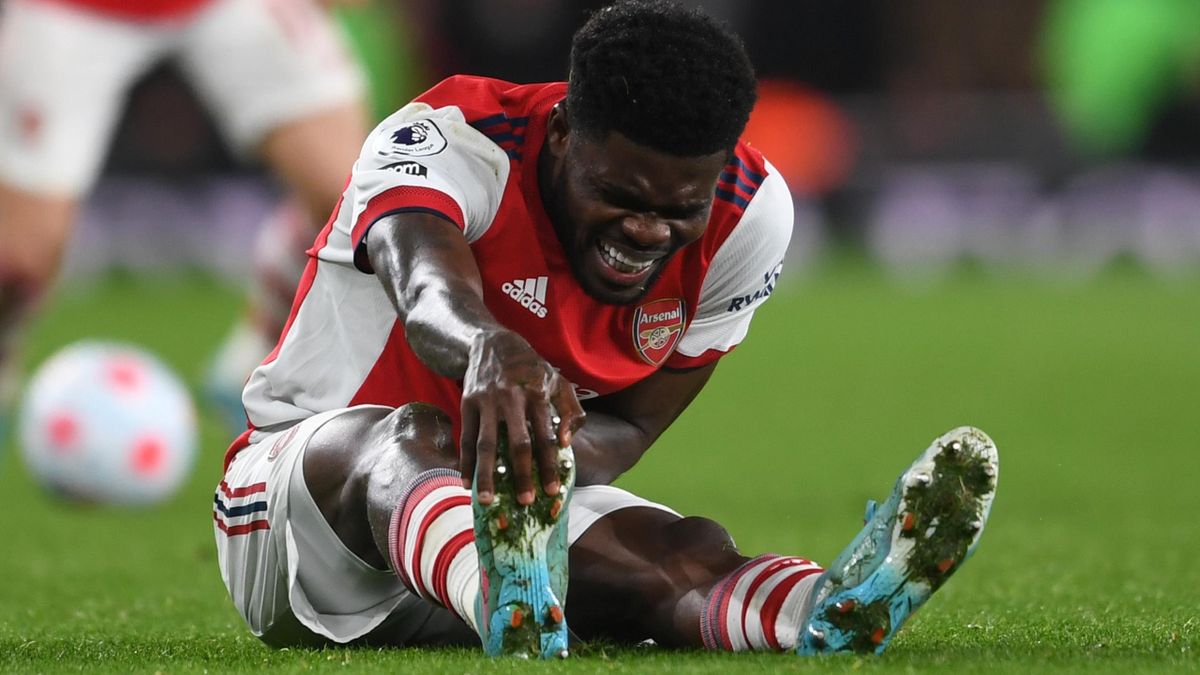
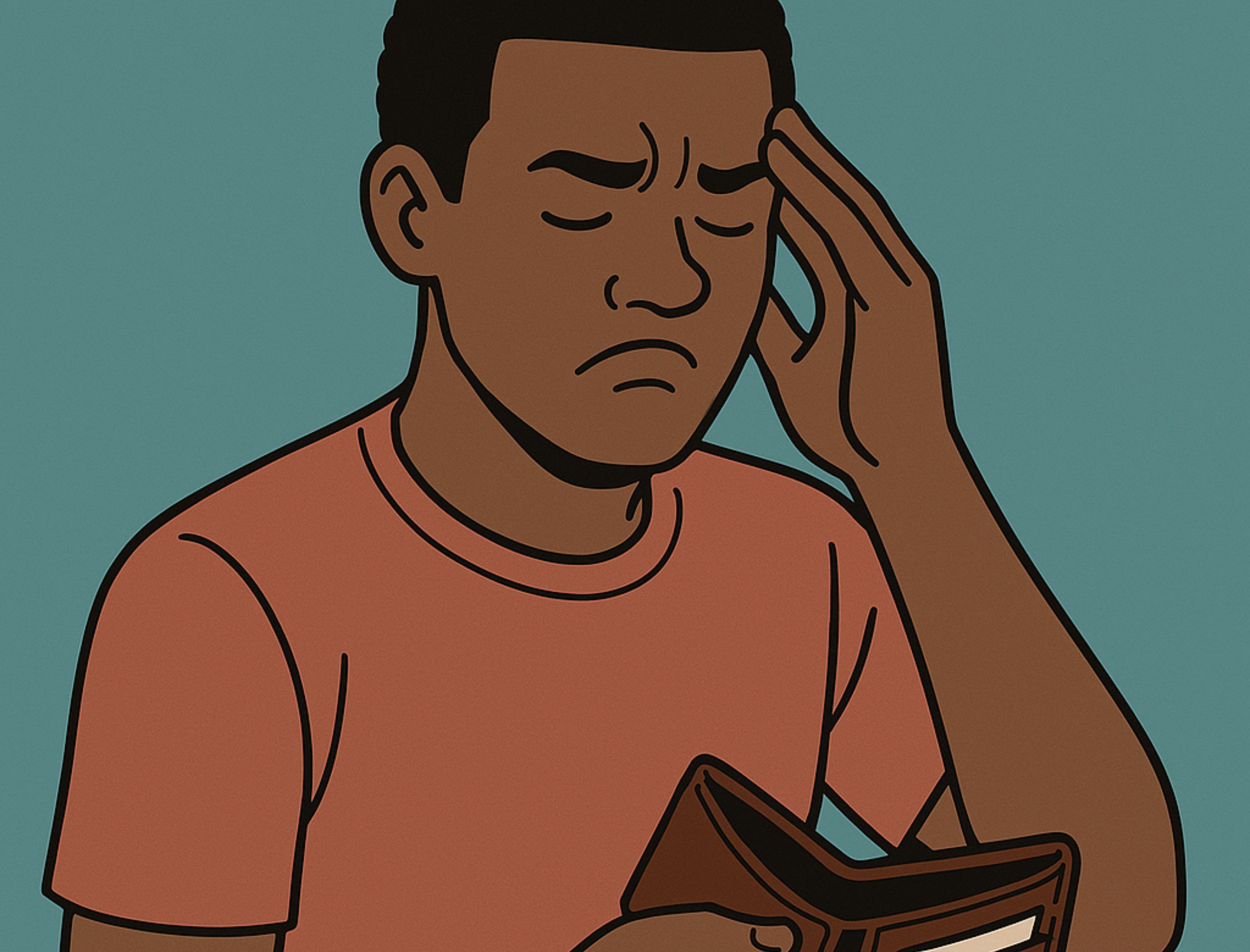
![Kofi Adomah walks on street, shows recovery signs after being shot in eye [Video]](https://sportal365images.com/process/smp-images-production/pulse.com.gh/14042025/e9b0a707-a08e-429e-ac31-07b9cadeea57.png)


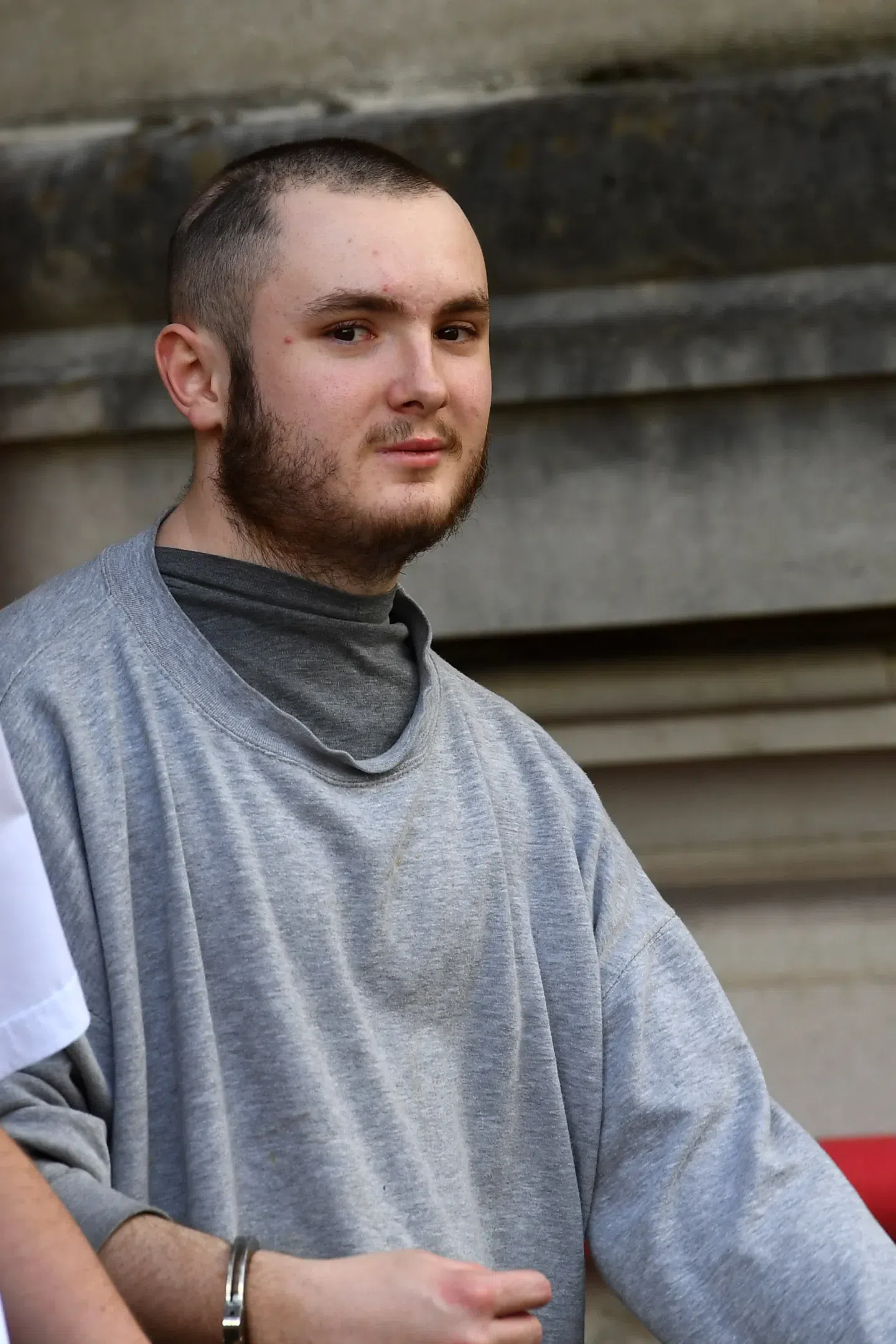
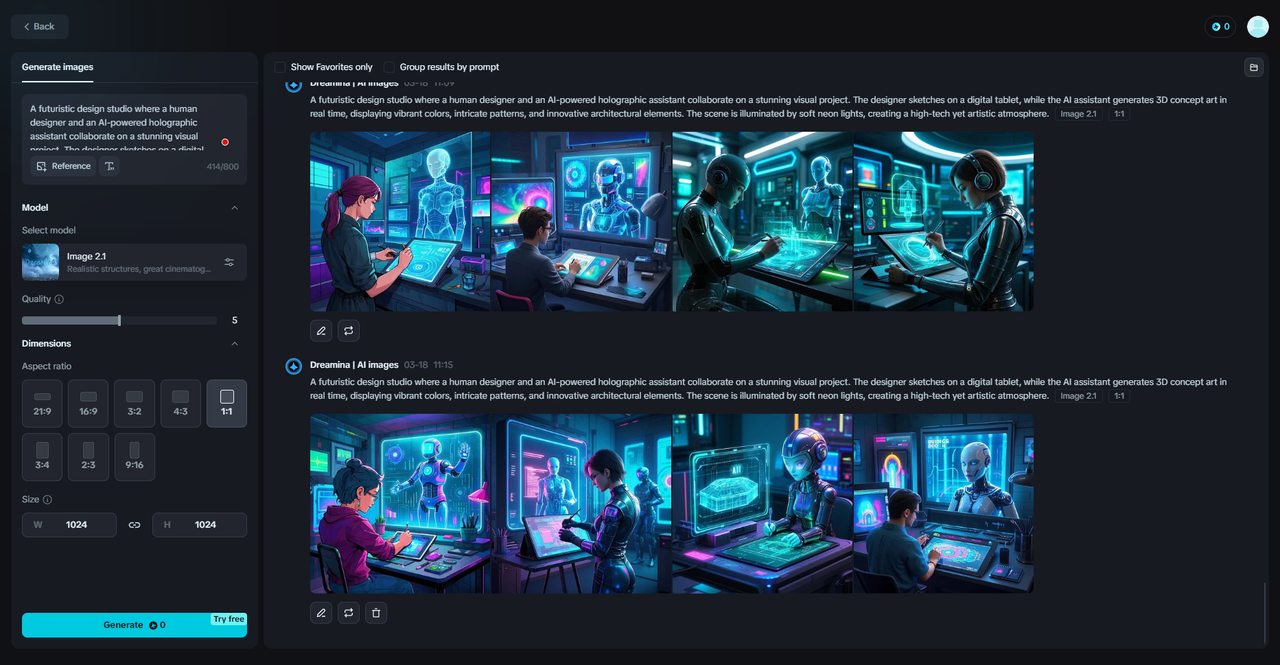

Facebook
Twitter
Pinterest
Instagram
Google+
YouTube
LinkedIn
RSS